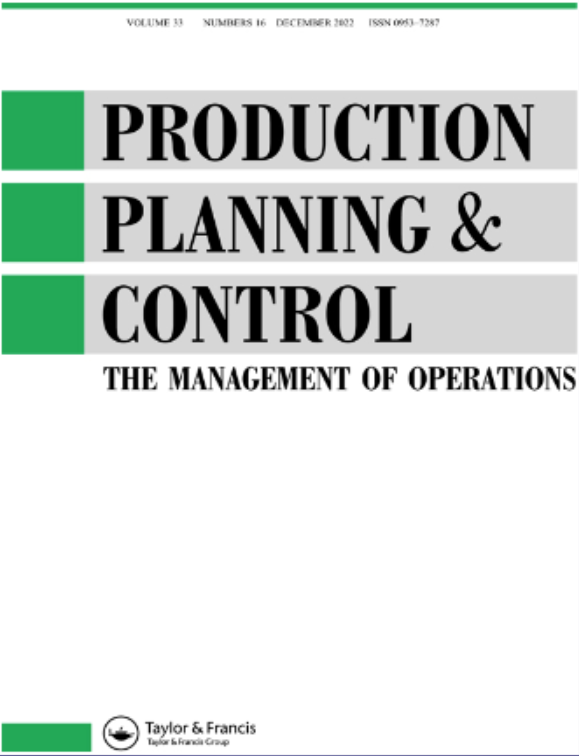Multi-agent architecture for waste minimisation in beef supply chain
IF 5.4
3区 管理学
Q1 ENGINEERING, INDUSTRIAL
引用次数: 3
Abstract
Abstract Food waste is an alarming issue pertaining to the rising global hunger, huge environmental footprint, and high monetary value. In developing and developed nations, it occurs primarily due to inefficiencies upstream and downstream of the supply chain respectively. A common factor in both developed and developing nations is product flow within the supply chain from farms to retailers. This study aims to identify the root causes of waste generated across the product flow of the beef supply chain from farm to retailer. A workshop involving twenty practitioners of the beef industry was conducted and the collected information was transcribed and coded to generate a current reality tree, which assisted in identifying root causes of waste in the entire beef supply chain. A multi-agent architecture framework spanning the entire beef supply chain from farm to retailer is proposed, which is composed of autonomous agents capable of bringing all segments of the beef industry on a single platform and collaboratively assist them in mitigating root causes of waste. The proposed framework will aid the practitioners in the beef industry to reduce waste, improve their operational efficiency thereby raising food security, economic development whilst curbing their carbon footprint.牛肉供应链中废弃物最小化的多主体体系结构
食物浪费是一个令人担忧的问题,与不断上升的全球饥饿、巨大的环境足迹和高货币价值有关。在发展中国家和发达国家,这主要是由于供应链的上游和下游效率低下。发达国家和发展中国家的一个共同因素是从农场到零售商的供应链中的产品流动。本研究旨在确定从农场到零售商的牛肉供应链产品流产生浪费的根本原因。20名牛肉行业从业者参加了一个研讨会,收集的信息被转录和编码,以生成一个当前的现实树,这有助于确定整个牛肉供应链中浪费的根本原因。提出了一个跨越从农场到零售商的整个牛肉供应链的多代理体系结构框架,该框架由能够将牛肉行业的所有部分集中在一个平台上的自主代理组成,并协同协助他们减少浪费的根本原因。拟议的框架将帮助牛肉行业的从业者减少浪费,提高他们的运营效率,从而提高粮食安全和经济发展,同时遏制他们的碳足迹。
本文章由计算机程序翻译,如有差异,请以英文原文为准。
求助全文
约1分钟内获得全文
求助全文
来源期刊

Production Planning & Control
管理科学-工程:工业
CiteScore
19.30
自引率
9.60%
发文量
72
审稿时长
6-12 weeks
期刊介绍:
Production Planning & Control is an international journal that focuses on research papers concerning operations management across industries. It emphasizes research originating from industrial needs that can provide guidance to managers and future researchers. Papers accepted by "Production Planning & Control" should address emerging industrial needs, clearly outlining the nature of the industrial problem. Any suitable research methods may be employed, and each paper should justify the method used. Case studies illustrating international significance are encouraged. Authors are encouraged to relate their work to existing knowledge in the field, particularly regarding its implications for management practice and future research agendas.
 求助内容:
求助内容: 应助结果提醒方式:
应助结果提醒方式:


